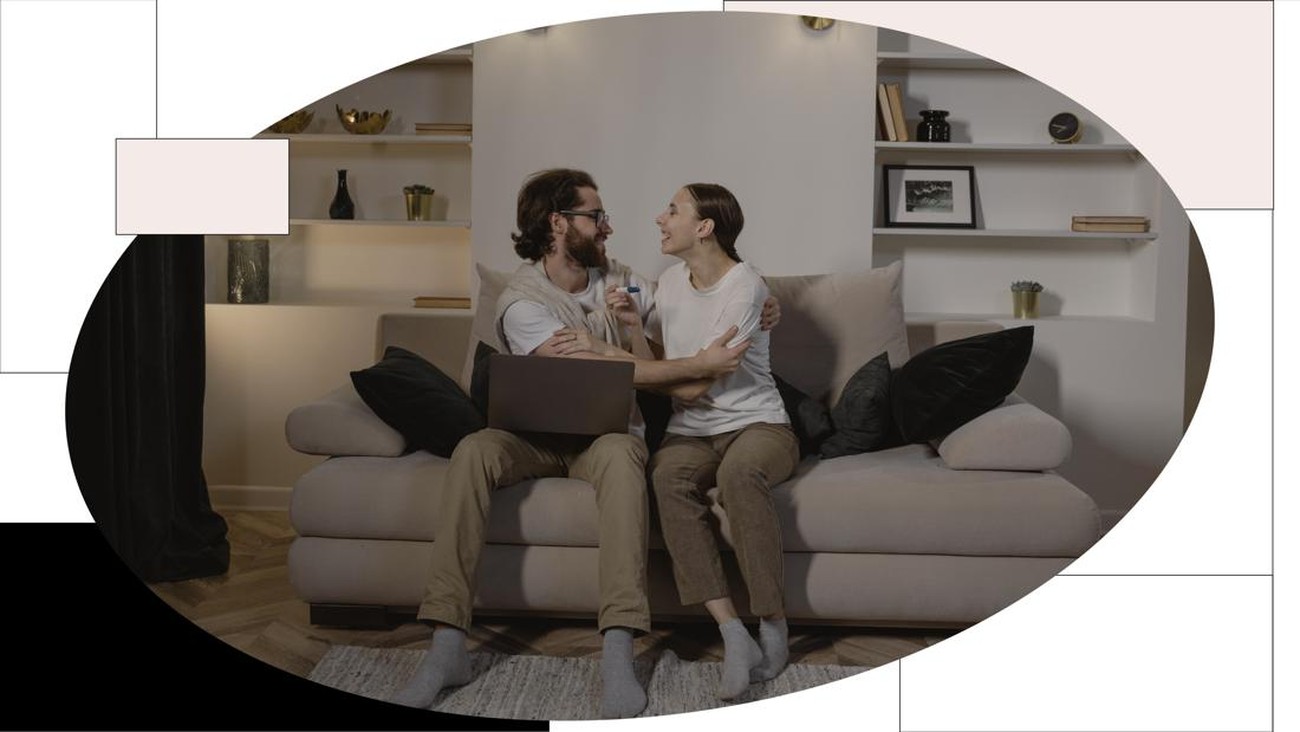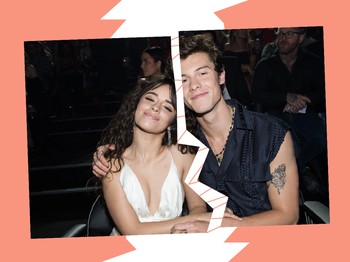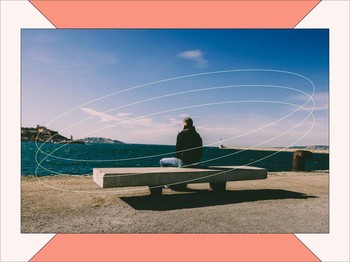There's this saying that we often hear around our circle of friends, "don't hate someone too much, it may bloom into love." It's also known in psychology that there's a thin line between love and hate as both feelings are strong emotions someone holds for another one. Despite the similarity, the two things seem to be contradicting each other. However, it often occurs that when we love someone, we want them to have all the best things this world has to offer, or when we hate someone, we're likely to wish them to struggle and suffer or at least leave their worse sides that we hate. By all means, we could hate someone if we ever loved them once, and it works both ways.
A co-author of a study called Neural Correlates of Hate, Professor Semir Zeki, stated that to biologists hate is a passion that is equal to love. In his research with John Paul Romaya-a scientist at University College London-they used an MRI scanner on human subjects to discover the biological basis for the two most intense emotions, which showed that love and hate are to be intimately linked within the human brain. This case was proved when the neural circuits become active when people look at a photograph of someone they claim to hate, and it works the same as a photo of someone they love is shown.
This research unveiled the reason why love and hate seem to overlap so much in life as both emotions can lead someone to show identical behaviors. Both love and hate can lead individuals to commit bold, heroic, courageous, and evil actions because when we hate someone too much, we would be seeking information about them to find a reason to hate them even more. Yet it could bring us to the state where we give them too much attention to everything they do. The same thing also happens when we're in love with someone. We want to know everything about them-find reasons to love them even more.
As stated before, hatred can turn into love, and vice versa, as both neurologically do the same things in our brains. This phenomenon happens because we know the person too well be it their good or bad side. It's also common for someone to have a love-hate relationship with their close ones, such as significant others, family members, or friends-whom they share a romantic and intimate connection with. This could happen because they have some major personality flaws that can drive you mad, yet at the same time, you're still entirely in love with them.
In conclusion, hate and love are both involved in neural processing, which is also referred to as the arousal effect of emotion or high arousal effect can quickly turn from negative (hate) to positive (love) or the other way around. This thin line is hard for us to see coming as it always depends on the person who faces this. Regardless, we know how unrealistic the quick change of someone's feelings' over another one.



